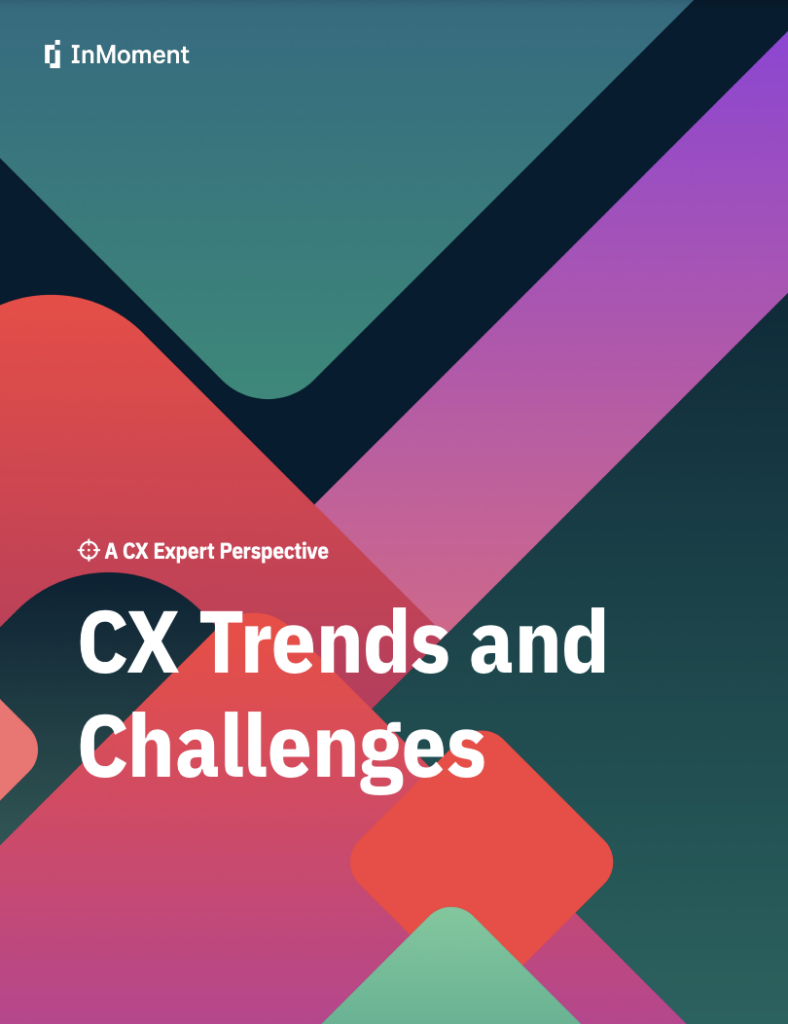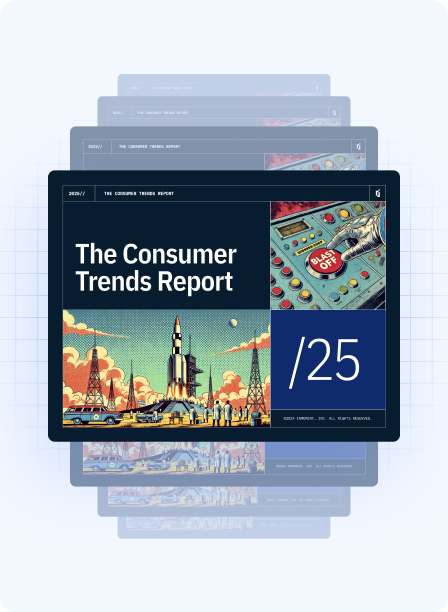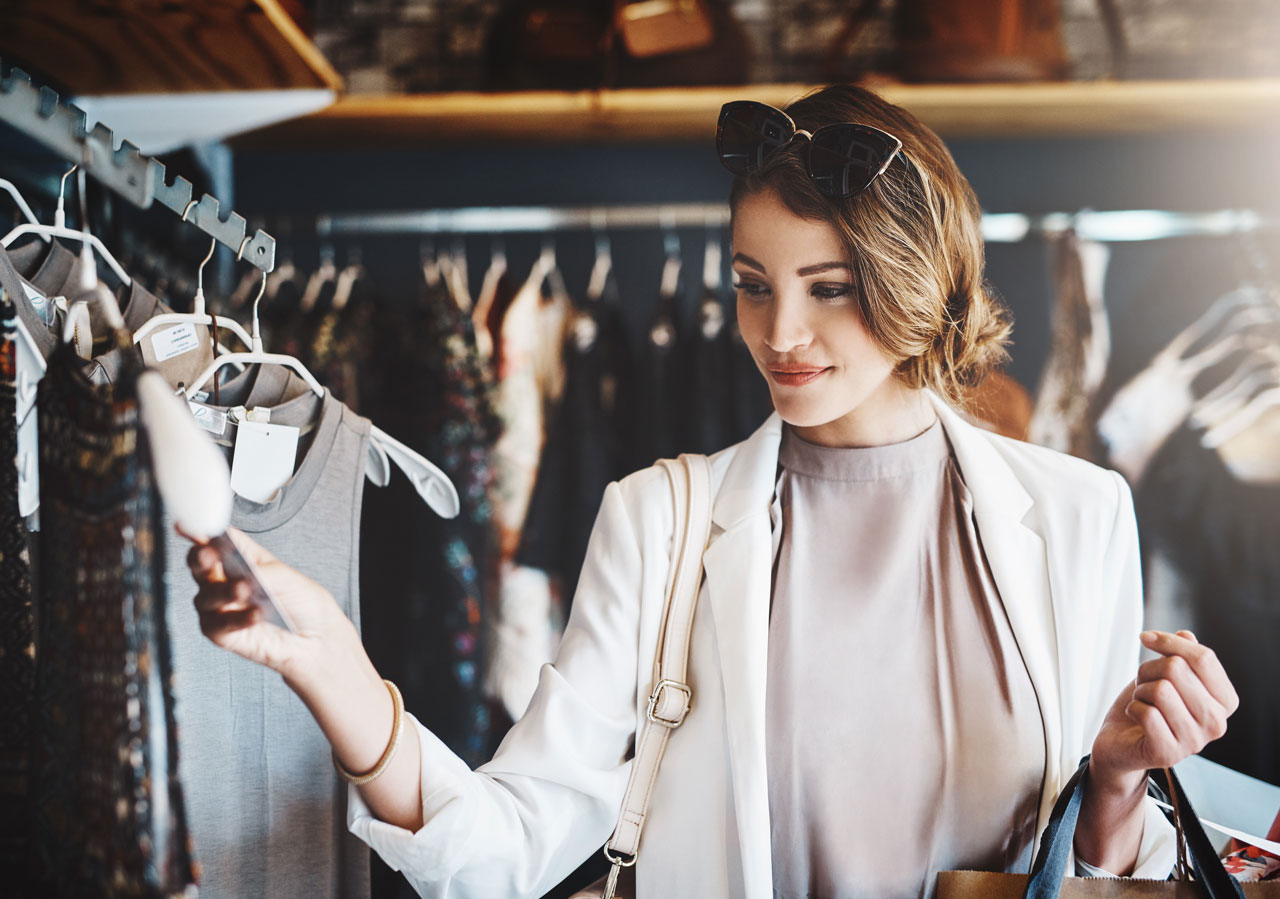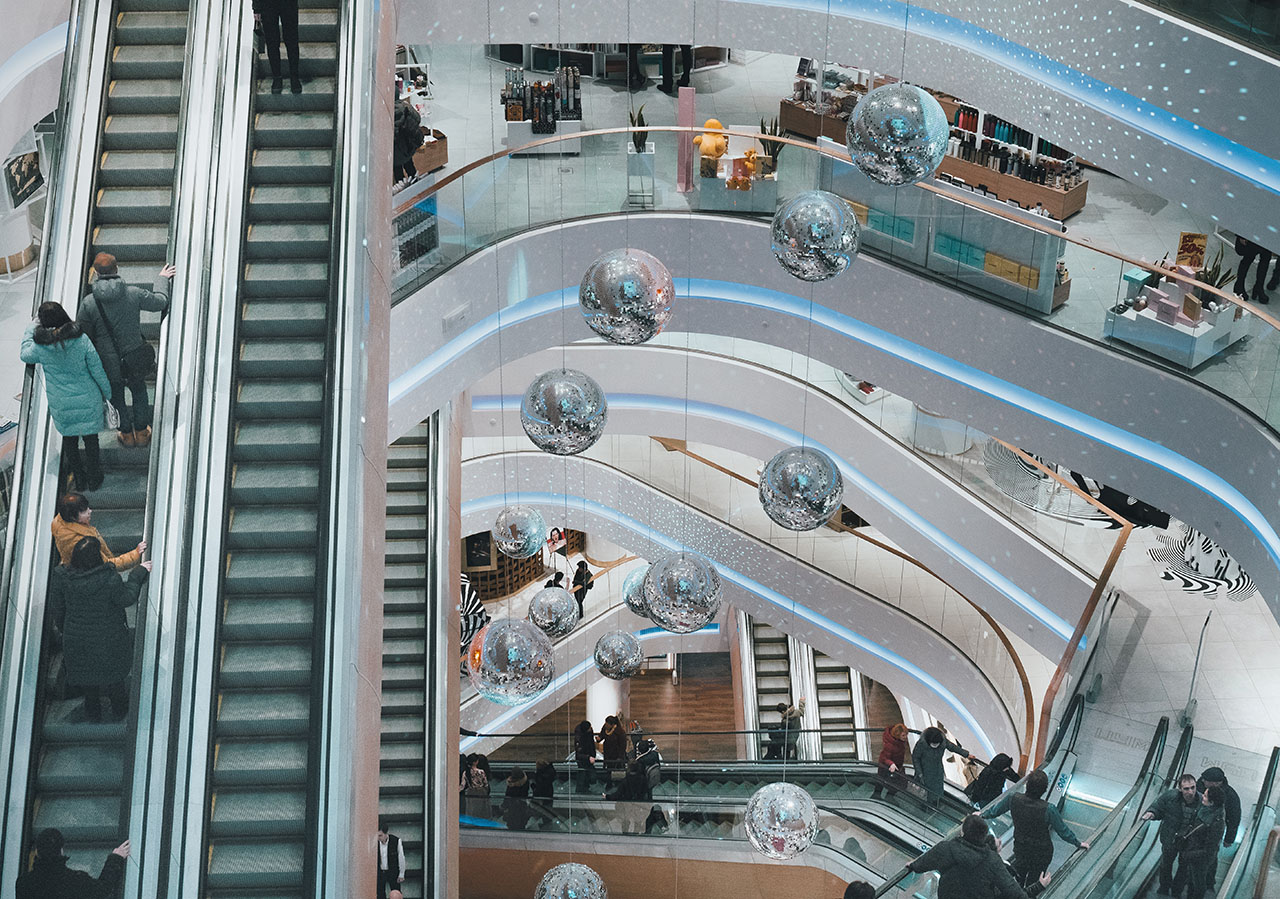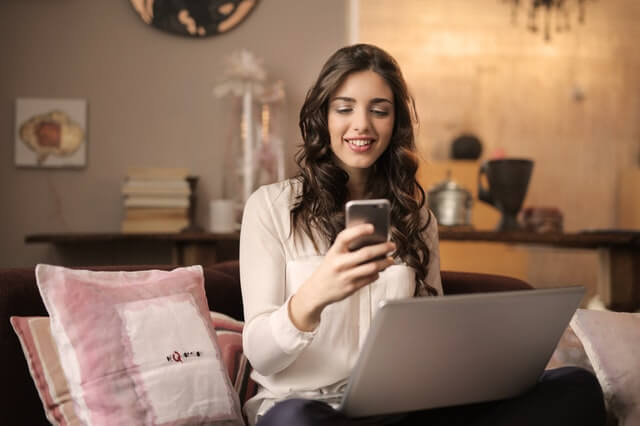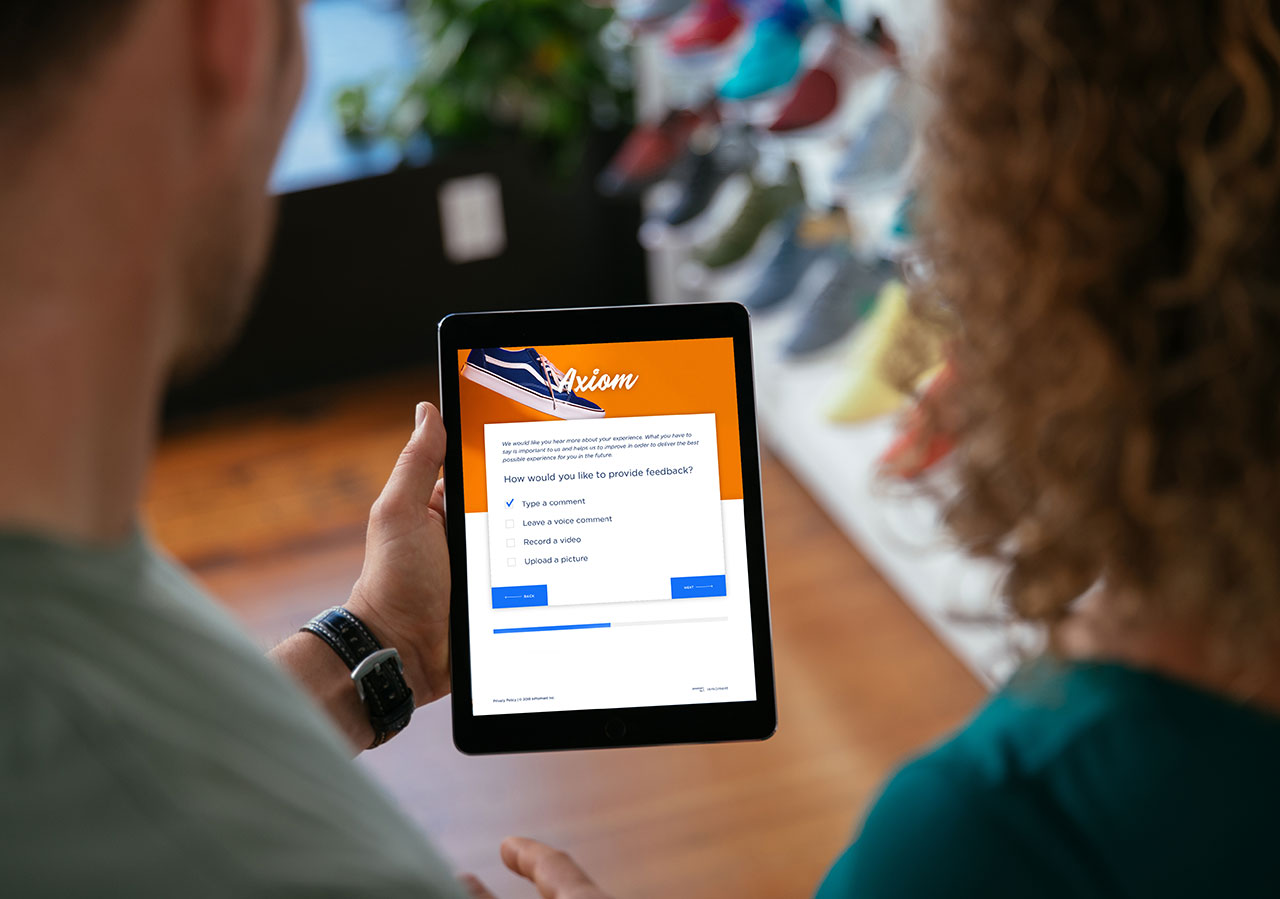
In 2022, modern retailers will face many challenges as the industry continues to recover from the global pandemic. During the unpredictable lockdown, retail brands were forced to transform their in-person experiences to digital ones. And now, according to our most recent EX & CX Retail Trends research, both customers and employees expect a blended experience.
But what does the term “blended experience” really mean? Well, it’s essentially bringing the digital experience to the in-store experience. Hence, “blended”. Still not getting the gist of it? Then let’s take a look at three concrete examples we’ve discovered based on data our Strategic Insights Team collected from consumers and employees across North America. Here’s what people are truly expecting:
Blended Experience #1: Buy Online, Pick Up Instore
It’s no surprise that being able to buy products online is an expectation, but customers also want options on how to receive said product. During quarantine, retail stores often offered same-day home delivery, curbside pick up, and buy online, pick up in-store (BOPIS). The question is, which of these will last?
For employees, curbside and delivery have proven expensive to operate and don’t drive sales like in-store traffic does (especially if retail employees are working commission). Meanwhile, because delivery is no longer considered a free necessity, and because curbside pick-up times aren’t as flexible, customers are less impressed with these options. So, BOPIS is a compromise: customers get to easily buy products online and receive their items relatively quickly, while employees get to engage with customers in-store while avoiding the obstacles those pickup types present.
Blended Experience #2: Pick Up, Walk Out (Automatic Payment)
After a long two years, customers and employees are used to a contactless experience and find it convenient for reasons beyond COVID. Additionally, with grocery stores continuing to capitalize on self-checkout experiences and innovations like Amazon Go’s Just Walk Out technology, more customers are expecting the retail industry to follow suit. Simply removing checkout lines can save retail stores over $37.7 billion and allow customers to shop without the hindrance of wasting time waiting in line.
Blended Experience #3: Virtual Try-On
Augmented reality in retail blew up during the pandemic. And, with the many social media filters that younger customers use daily, it’s no wonder that virtual try-on capability has emerged as a top expectation. Of course, customers would rather not wait to change in a stall or travel all the way to a store, but the real kicker is that virtual try-on actually minimizes a lot of risk for them.
One of the greatest barriers for online retail experiences is the reality that customers can’t really try on what they buy. With a virtual feature like this, customers get a visual sense of how the items they’re eyeing could fit in their lives, without ever having to leave home. After a virtual try-on experience, customers are reassured that their purchases truly suit their desires, reducing the chance of returns.
The In-Store Experience of the Future
It’s clear that, when it comes to retail, customers want a blend of digital and in-person experiences, not just one or the other. Both types of experiences have their pros and cons, and it’s our job as experience professionals to deliver an integrated interaction that brings forth each of their valuable qualities. Hopefully, these examples can help your brand take a second look at the experience you’re currently providing customers and spark meaningful Experience Improvement (XI) this year.
But this dynamic doesn’t stop at just blended experiences. The retail world is being impacted by changes in feedback methods, the influence of social media, and the Gen Z perspective. There are many opportunities beyond blended experiences for retail stores to meet customer needs, which you can learn more about in our new eBook: EX & CX Trends: What Retail Brands Need to Know in 2022.

